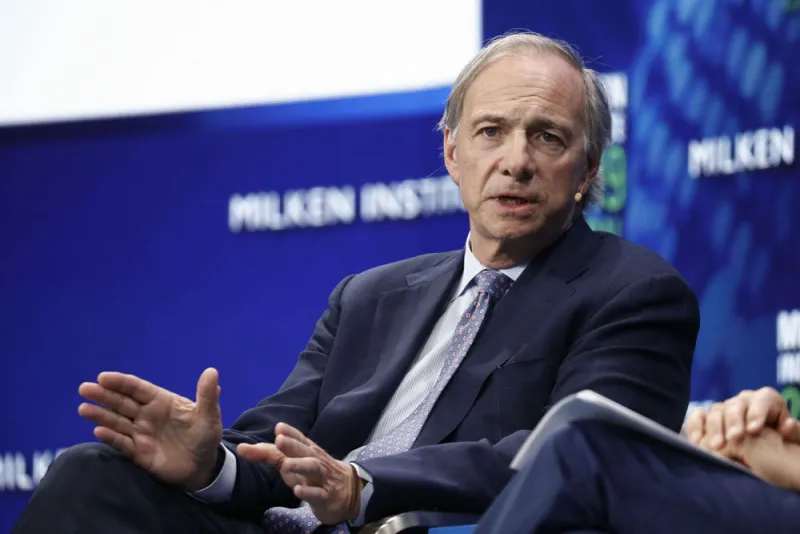Bridgewater Associates has fired back against former employees’ claims that an arbitration panel found it “manufactured false evidence.”
Bridgewater, the world’s largest hedge fund firm, argued in a Tuesday court filing that it shouldn’t have to pay those former employees’ legal fees, which total $1.99 million — despite the arbitration panel’s ruling, which required the firm to pay up.
Those fees are central to a dispute between Bridgewater and two former employees, Lawrence Minicone and Zachary Squire, who launched their own investment firm, Tekmerion Capital Management, nearly four years after leaving the firm.
The arbitration spilled into public view this month after a lawyer for Minicone and Squire filed a court document in early July seeking to “confirm arbitration award in favor” of the two, awarding the two $1.99 million to cover legal fees.
According to Bridgewater, the arbitration panel allegedly initially found that neither side proved its claims. However, a post-hearing briefing from the panel granted Squire and Minicone attorney’s fees, according to Bridgewater’s filing.
Bridgewater says it shouldn’t have to pay up. The firm argued in its Tuesday court filing that its employment contracts say that the only way former employees can be paid attorney’s fees in arbitration is if they successfully claim discrimination.
However, those contracts include a provision that says that “Bridgewater — and Bridgewater only — can recover attorney’s fees” if the arbitrator determines that the employee has acted in bad faith, according to Bridgewater’s filing.
This filing followed a Monday court filing from Squire and Minicone, which cited the arbitration panel’s finding that Bridgewater brought the arbitration knowing that Tekmerion would have to disclose it to potential investors based on securities laws and regulations, thus hampering their fundraising efforts. That filing included excerpts from the arbitration panel’s ruling — including the panel’s finding that Bridgewater brought its claims in “bad faith” to cause the two “needless expenditures of money and time in order to defend themselves against the claims.”
According to that filing, the three-person arbitration panel found that Bridgewater was allegedly willing to “manufacture false evidence.” The panel also concluded that Bridgewater’s trade secrets, as presented during arbitration, “constituted publicly available information or information generally known to professionals in the industry.”
[II Deep Dive: Bridgewater Accused Two Ex-Employees of Stealing Trade Secrets. Here’s What Happened Next.]
This is not how Bridgewater sees the situation.
The firm’s Tuesday filing noted that “prosecuting trade secret claims while maintaining those secrets' confidentiality is notoriously difficult.”
Bridgewater argued in its Tuesday filing that many of its investment strategies “exist independently of computer code, spreadsheets, or algorithms and reside in the minds of senior Bridgewater personnel.” Because of this, these trade secrets can “be transferred orally, subject to the extensive security measures that Bridgewater employs,” according to Bridgewater’s filing.
“Because Bridgewater's intellectual property is both demonstrably successful and easily transferable, there is significant risk that departing Bridgewater employees will wrongfully appropriate it after they leave,” according to the firm’s filing.
The firm alleged that Squire’s and Minicone’s pitch deck for Tekmerion “closely resembled” its own. This, according to the firm’s filing, was the impetus for taking Squire and Minicone to arbitration in the first place.
An attorney for Minicone and Squire did not return an email seeking comment. A spokesperson for Bridgewater did not return a phone call seeking comment.







